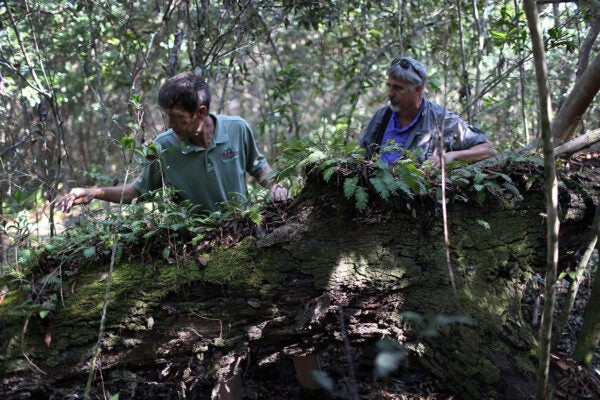Was Carl Linnaeus Bad at Drawing?
Linnaeus has often been thought of as a poor artist, but visualization was a core element of his analytical tool set.
Caitlin D. Wylie on the Hidden Labor of STEM Research
An interview with Caitlin D. Wylie, a social scientist who analyzes “behind-the-science work” to understand how knowledge is produced and who produces it.
Witnessing and Professing Climate Professionals
What are scientists to do? Psychiatrist Robert Jay Lifton and historian of science Naomi Oreskes consider the social responsibility of climate scientists.
Should We Just Listen to the Scientists?
Looking beyond the science of climate change may allow for a more nuanced approach to the growing global crisis.
Where Does Water Come From?
And what does the early modern search for the answer to this question tell us about the “scientific method” we colloquially accept today?
How Physicians Became Scientists
The introduction of formal peer review to journals aided medical doctors in their quest to bring more scientific rigor to their field.
Women in Science Textbooks
A team of scholars examined the seven most popular ecology textbooks. Guess what they didn't find?
The Evolution of the Mad Scientist
The crazed caricature of genius was largely inspired by now-debunked late-Victorian ideas about how species change.
Why Academic-Indigenous Collaboration Is Tricky
Although many archaeologists are trained to prize objectivity, Indigenous scholars approach research with a different sort of grounding.
Erasing Women from Science? There’s a Name for That
Countless women scientists have have been shunted to the footnotes, with credit for their work going to male colleagues. This is called the Matilda Effect.









